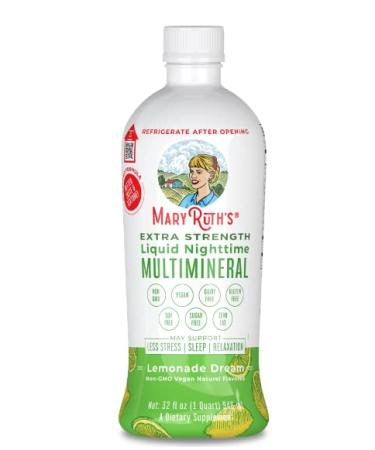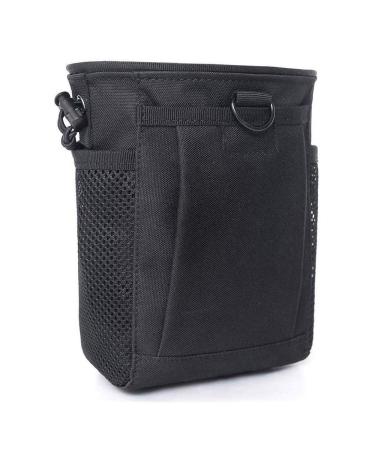The world has three great black teas: Darjeeling from India, WUFA from Sri Lanka and China's Keemun. Keemun's full name is "Qimen Gongfu Black Tea." For convenience, Chinese speakers often drop the two characters for Gongfu when referring to this tea, simply calling it Qimen Black Tea or Qihong. Owing to its popular English usage, the term "Keemun" will be used in this article, as opposed to the pinyin spelling of "Qimen". Keemun tea's unique fragrance seems to possess perfumes of apples and orchids, fresh and long lasting it is a hero among teas. The flower notes are not quite flowers, the honey notes are not quite honey, and the sugar notes are not quite sugar: it is a difficult tea to describe. Hence, experts have come up with the name "Keemun fragrance." This Keemun fragrance has grown renowned at home and abroad. Keemun's appearance is extraordinary: a lustrous deep black, the stems and leaves are taught and delicate, buds both sharp and elegant. After it is poured, the gorgeous red liquor will seem to thicken in consistency. This is the best tea infusion, to which other teas cannot compare. Keemun's taste is unique, smooth and mild in the mouth, with a lingering sweet aftertaste.Water temperature: around 100?. Recognizing: Keemun black tea's strips are tight, slender and slightly curved with revealed golden yellow tips. The buds are pretty and the color is black and mellow. The liquid is brilliant red after infusion. The brewed tea leaves are scarlet and bright. It tastes thick yet not astringent. The fake tea usually has artificial pigment, and tastes astringent and thin, and its shapes of the strips are irregular. Taste: mellow, thick, fresh and cool. Aroma: lasting fragrant aroma, exactly like the aroma of fruit, and with the fragrance of orchids and honey. Origin: Qimen, Dongzhi, Giichj, Shitai, Qian County of Anhui Province and Fuliang of Jiangxi Province.













